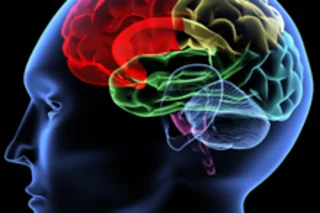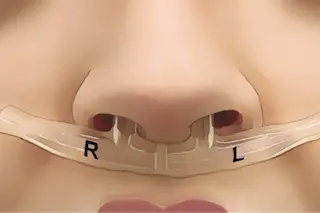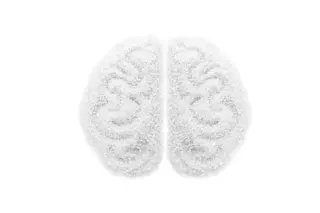One headline reads "Doing Puzzles 'Could Speed Up Dementia.'" Another, "Brain Exercise Helps Stave Off Dementia." They're both about the same new study out in Neurology this week. So which is it? Both are shades of the truth, actually. Here's what the scientists actually found: Robert Wilson and his colleagues have been tracking more than a thousand people as part of their long-term study, begun in the early 1990s. The patients were 65 or older and the scientists interviewed them every three years.
Participants indicated on a 5-point scale how often they participated in seven activities: viewing television, listening to radio; reading newspapers; reading magazines; reading books; playing games like cards or doing puzzles; and going to museums. (A rating of 5 meant a person did some of these activities about every day; 3 meant several times a month; 1 meant once a year or less) [LiveScience].
At the time ...














